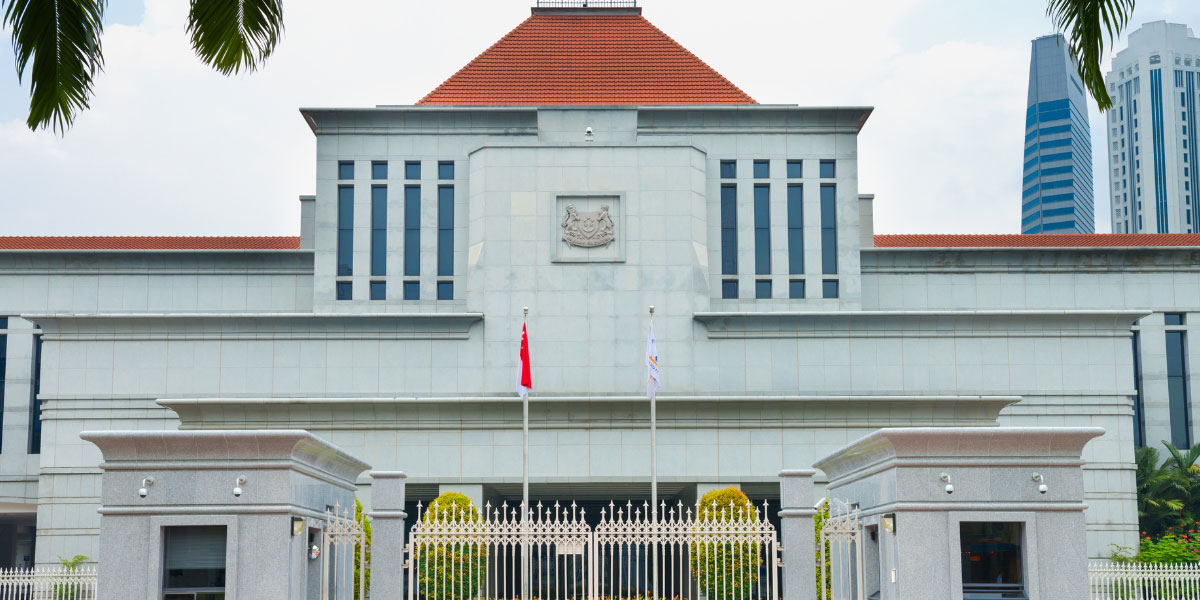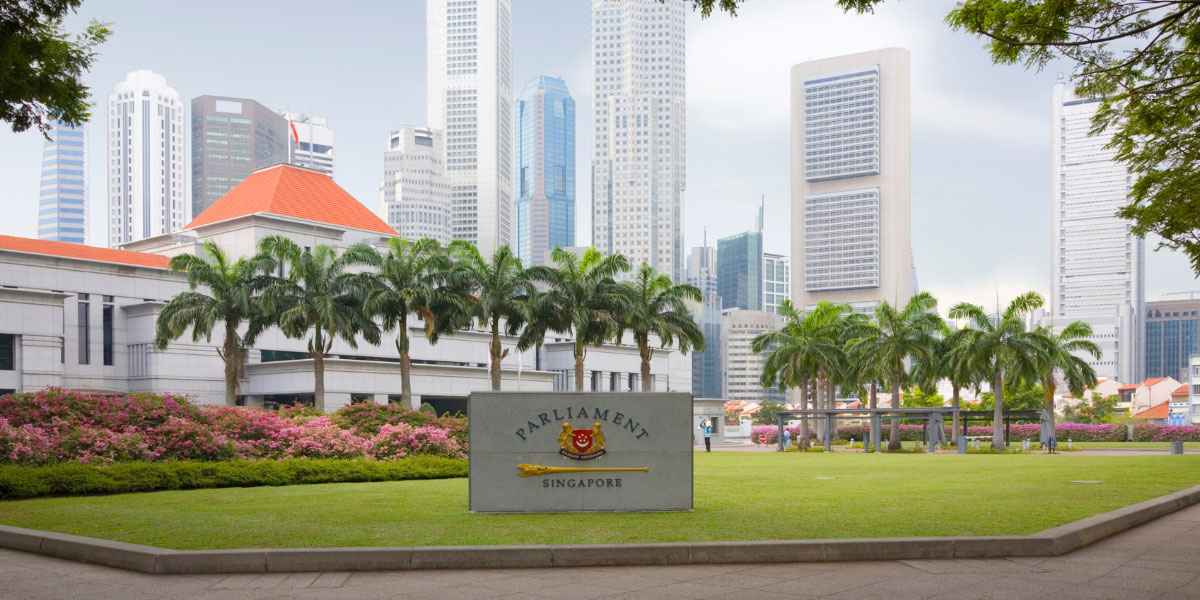The Inland Revenue Authority of Singapore ( IRAS) has released a set of Frequently Asked Questions (FAQs) regarding the Spontaneous Exchange of Information on 1 January 2025.
- Why did Singapore commit to the spontaneous exchange of information on certain rulings under the OECD framework?
Singapore is a member of the Inclusive Framework (IF) for the global implementation of the BEPS Project. The spontaneous exchange of information on certain rulings is a minimum standard under the BEPS Project to be implemented by IF members.
- Who will Singapore spontaneously exchange the information with?
Singapore will spontaneously exchange information with a jurisdiction only if that jurisdiction: – has a tax treaty or exchange of information arrangement with Singapore that provides for the spontaneous exchange of information; – has the necessary legal framework and safeguards to ensure confidentiality and appropriate use of the information exchanged; and – is similarly committed to compulsory spontaneous exchange of information under the framework. As a general rule, the spontaneous exchange of information on rulings will take place with the following jurisdictions who meet the above criteria: – jurisdictions of residence of all related parties with which the taxpayer enters into transactions for which a ruling is granted or which gives rise to income from related parties benefitting from a preferential treatment (this rule also applies in a PE context); and – jurisdictions of residence of the taxpayer’s ultimate parent entity and the immediate parent entity, and in the case of PE rulings, the residence jurisdiction of the PE’s head office.
- What is the related party threshold for the purpose of spontaneous exchange of information?
Two parties would be considered related if the first person has a 25% or greater shareholding in the second person or there is a third person that holds a 25% or greater shareholding in both. A person will be treated as holding a percentage shareholding in another person if that person holds directly or indirectly through a shareholding in other persons, that percentage of the voting rights of that person or of the value of any equity interests of that person. The same threshold will apply for other entities such as partnerships and trusts.
- How will IRAS determine whether a jurisdiction has the necessary legal framework and safeguards to ensure confidentiality and appropriate use of the information exchanged?
The Global Forum on Transparency and Exchange of Information for Tax Purposes (the Global Forum), which currently comprise more than 140 jurisdictions, including Singapore, is the international body responsible for ensuring the implementation of the internationally agreed standards of transparency and exchange of information in the tax area. It does so through a peer review process which examines a jurisdiction’s legal and regulatory framework, and the implementation of this framework in practice. The assessment of the Global Forum in this regard will strongly influence IRAS’ determination of whether a jurisdiction has the necessary legal framework and safeguards to ensure confidentiality and appropriate use of the information exchanged.
- When will Singapore spontaneously exchange the information?
Rulings Schedule for exchange Issued on or after 1 April 2017 but before 1 January 2025 As soon as possible and no later than three months after the date on which the ruling becomes available to IRAS Issued on or after 1 January 2025 Within six months from the date of issue of the ruling the date of issue of the ruling is the date the ruling is accepted by the taxpayer.
- Will taxpayers be informed when their information is exchanged?
As a matter of practice, taxpayers will not be informed if and when their information is exchanged, or of who the information has been exchanged with. Taxpayers should expect that information falling within the five categories of rulings that Singapore has committed to spontaneously exchange will be exchanged within the timeframe indicated in FAQ 5 and with the parties as identified in FAQ 2,3 and 4.













